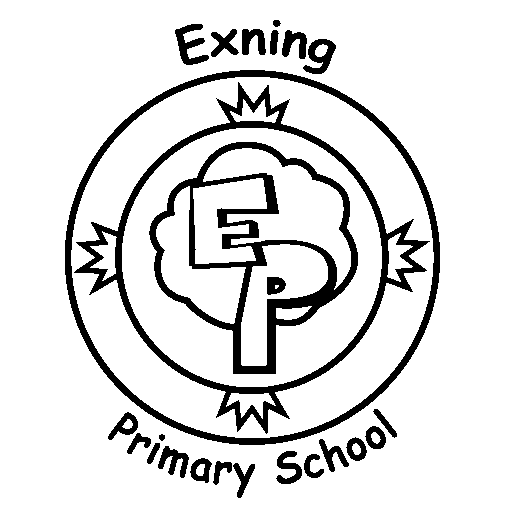
SEND at Exning Primary School
Welcome to our SEND pages. We hope you will enjoy reading about the variety of ways in which Exning Primary School is able to support students with a range of SEND to reach their full potential. If you have been directed to these pages because your child has recently been diagnosed with a Special Educational Need or Disability, we would like to begin by saying, “Don’t panic.” Although this will be a new and potentially daunting experience for many of you, we are here to help and support both you and your child in any way that we can.
At Exning Primary School, we’re proud of the support we offer to children with Special Educational Needs and Disabilities (SEND), helping every child reach their full potential.
Everyone at Exning Primary plays a part in supporting children with SEND. We believe every child should have the chance to thrive, and we make sure all pupils are fully included in school life, whatever their needs.
All children will receive high-quality teaching designed to be accessible to everyone. Some children may need extra help, and that’s where our SEND support comes in.
We’re committed to helping close the gap between SEND and non-SEND pupils. Support might include one-to-one or small group sessions with a dedicated Teaching Assistant or Teacher, as well as tailored learning or behaviour strategies based on individual needs.
Quick links
Our SEND team
-
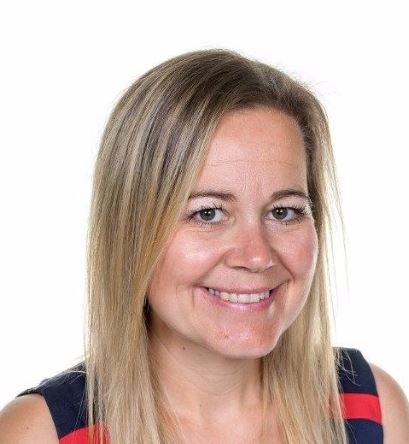
Ruth Clifford-Turner
Special Educational Needs Co-ordinator (SENCos)
-
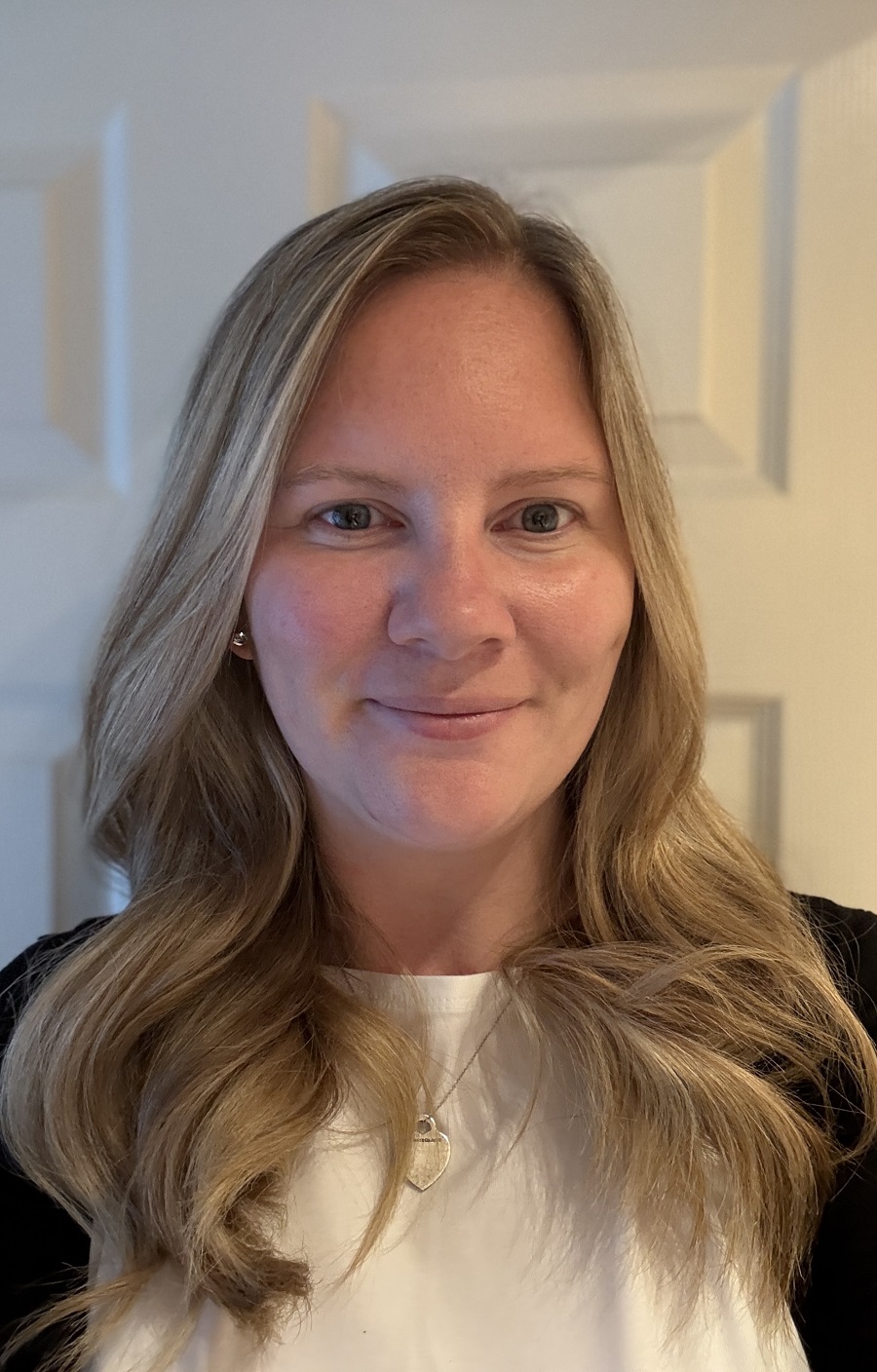
Katrina White
Special Educational Needs Co-ordinator (SENCos)
-
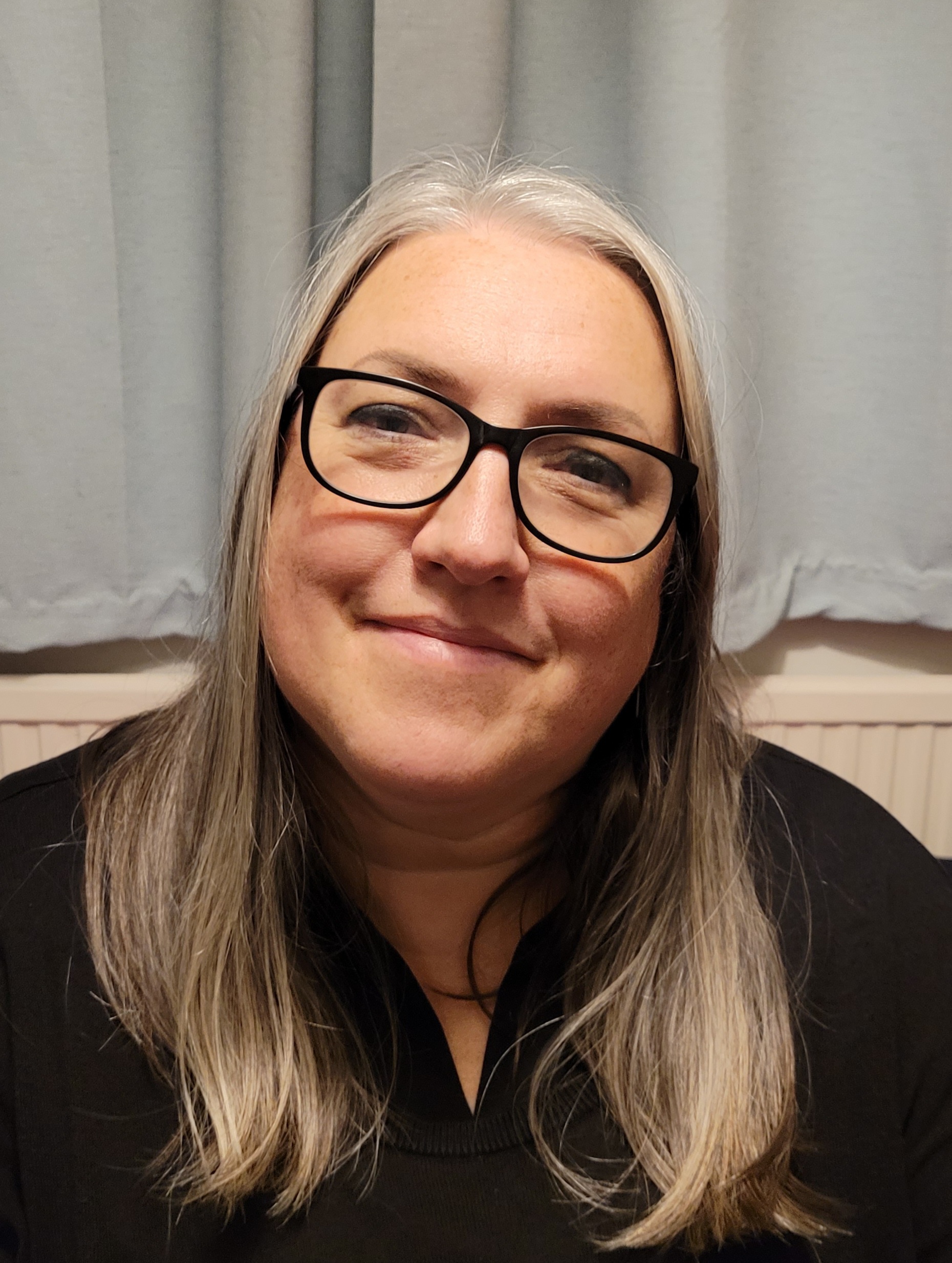
Alex Friend
Special Educational Needs Excellence Committee Member
At Exning Primary School, all staff are involved in the teaching and support of children with SEND, but two members of our team have specific roles relating to this area.
Ruth has been SENCo at Exning Primary School since 2012 and holds the National Award for SEN Co-ordination. She can be contacted by telephone through the school office, or by email on ruth.clifford-turner@easterneducationgroup.ac.uk
Katrina has been co-SENCo at Exning Primary School since 2023 and holds the National Award for SEN Co-ordination. She can be contacted by telephone through the school office, or by email on katrina.white@easterneducationgroup.ac.uk
Our local offer
Our local offer includes information about services we provide for children with disabilities and Special Educational Needs. It also includes information about our local offer for our SEND Reception and KS1 unit – The Hive. Where elements are specific to one of the two settings, this will be stated.
Our local offer includes information about services we provide for children with disabilities and Special Educational Needs. It also includes information about our local offer for our SEND Reception and KS1 unit – The Hive. Where elements are specific to one of the two settings, this will be stated.
The intention of the publication of the local offer is to offer choice and transparency for families, as well as providing a resource for professionals to detail the range of services and provision locally. With regard to Education, it will let parents/ carers of young people know how schools will support them and what they can expect across the local setting. This local offer will be reviewed and updated annually.
At Exning Primary School, we embrace the fact that every child is different and, therefore, the social and educational needs of every child are different – this is certainly the case for children with Special Educational Needs and Disabilities (SEND).
In terms of what we offer children with Special Educational Needs and/or Disabilities, this is different for every child and it is important to emphasise that, as much as possible, this provision is designed by the relevant Exning staff members working alongside the child, the child’s family and, where necessary, outside agencies (e.g. a Speech and Language Therapist or an Educational Psychologist). In The Hive, children work to an entirely individual curriculum which is specifically tailored to their needs.
Our main school building is fully accessible to children with physical disabilities via ramps. There are three toilets for the disabled. Children have access to a range of ICT equipment to support their physical and learning needs. We also ensure that classroom equipment used is accessible to all children regardless of their needs. In The Hive, we have a small sensory room, a designated outdoor area, separate school entrance and a fully accessible toilet with changing facilities.
All children at Exning Primary School have class teacher input via excellent targeted classroom teaching also known as Quality First Teaching. For a child who has SEND this would mean:
- That the teacher has the highest possible expectations for your child and all pupils in their class.
- That all teaching is based on building upon what your child already knows, can do and can understand.
- Different ways of teaching are in place so that your child is fully involved in learning in class. This may involve things such as using more practical learning.
- Specific strategies (which may be suggested by the SENCO or outside staff) are in place to support your child to learn.
All children in school will be getting this as a part of excellent classroom practice when needed. In The Hive, we have a high staff-to-child ratio so that the curriculum can be entirely adapted for each child’s specific needs.
Our school offers many different forms of additional provision for learning. This can include one or more of the following:
Additional in-class support – this is usually in the form of a small group with specific work to do in the classroom, usually led by the class
teacher or a briefed and able teaching assistant. The learning in these groups is likely to be linked to the lesson but targeted in a way to meet individual needs and to enable them to access the curriculum and progress in their learning.
Additional out-of-class support – this may happen outside of the classroom, usually led by our SEN specific teaching assistant who will run these small group sessions using targets given by the teacher, or from an outside agency.
This type of support is available for any child who has specific gaps in their understanding, not necessarily just for those children on the SEND register.
Children may also follow a specific intervention programme to support their learning, for example:
- Sound Discovery
- Talking Maths
- Language for Thinking
- Colourful Semantics
- Precision Teaching
- Black Sheep Speech and Language
- ELKLAN
- Boosting Reading Potential
This list is not exhaustive and the SENCo will seek our staff training as needs arise.
In The Hive, we have a high staff-to-child ratio so that the curriculum can be entirely adapted for each child’s specific needs.
Children on the SEND register will be given an Individual Education Plan (IEP) which will detail specific targets. These targets will be worked on at school and should be supported at home to provide a multi-faceted approach. You will be invited into school around the half term point of each term (October/February/June) to discuss the targets set, the outcomes of the target and the future targets that your child will need to work on. Teachers will liaise with the SENCo to discuss the progress of the children prior to these meetings, as well as speaking to the children themselves, so that the targets can be written in collaboration with parents/carers, children, teachers and the SEN team.
This support may be appropriate for a child who has an EHC plan which outlines a specific number of hours of support the child will need. Usually this type of support is for children with severe, complex and lifelong needs and will probably include lots of specific focused work activities / curriculum programmes recommended by professionals from external agencies.
It is important to note here that your child may do some one-to-one work with a teacher or adult in school at any point but the one-to-one support we are referring to is when an individual has severe and complex needs and requires several hours of support daily.
Staff at Exning Primary School have a wide variety of training and a great deal of experience and expertise in Special Educational Needs, behaviour, social barriers and emotional well-being. Our School SENCo and our SEND TA have the National SENCo Award. All members of staff are trained annually in safeguarding children.
The majority of our staff are trained in first aid, including the administration of epi-pens. Staff have regular Professional Development, including how to identify Special Educational Needs and Disabilities, as well as working with outside agencies to develop their skills in the provision for children with a range of needs, including autism, dyslexia, attachment disorder, speech and language difficulties and sensory impairment. Some members of staff have also had individual training around diabetes. We have teaching assistants who are trained to deliver Elklan – a speech, language and communication intervention. Our Staff CPD focus includes high-quality training for SEND and this is ongoing each year.
Staff in The Hive have also been trained in Makaton, a total communication approach and the use of the Engagement model, as well as Attention Autism and Intensive Interaction methods.
A child may have been identified by their class teacher and SENCo as needing some extra specialist support in school from a professional outside the school. This could be from Local Authority central services such as:
- Specialist Education Services (SES) – consists of teams to support Cognition and Learning; Communication and Interaction; Social, Emotional and Mental Health and Sensory needs.
- Sensory and Communication Team
- Educational Psychologists (EPs)
- Other outside agencies and health professionals such as:
– Speech and Language Therapy Service (SALT)
– Occupational Therapy
– Physiotherapy
– School Nurse - Suffolk NDD Pathway can also be accessed for children for whom we would seek support/diagnosis for a neurological need, e.g ADHD, ASD/C.
All additional provision is overseen by the school’s SENCo and is designed and implemented by class teachers, supported by our teaching assistants. As with individual targets, the most important point is this: additional provision depends on the needs of the child.
For details of planning, assessment and reporting of your child’s progress, please see our SEND and Assessment policies.
Transitions can be difficult for all children, but particularly children with SEND. We therefore have thorough procedure in place to ensure that any transition is a smooth as possible.
If your child is moving to another school: We will contact the school SENCO and ensure he/she knows about any special arrangements or support that need to be made for your child. We will also make sure that all records about your child are passed on as soon .
When moving classes in school: Information will be passed on to the new class teacher IN ADVANCE and a transition meeting will take place with the new teacher, and where relevant, the SENCo. All IEPs will be shared with the new teacher, as well as information about progress, targets and interventions that the child has received. Teachers will update case studies detailing progress across the school.
Approaching the end of Year 6: The Year 6 teacher and SENCo will meet with relevant colleagues from your child’s next school and pass on any necessary information about their needs. (giving children the opportunity to meet with them face-to-face where possible).
If relevant, your child will do focused learning about aspects of transition to support their understanding of the changes ahead. Where possible your child will visit their new school on several occasions and in some cases staff from the new school will visit your child in this school too to offer additional support, answer questions and generally reassure them during this period of change.
Your child’s class teacher is available by appointment to discuss your child’s progress or any concerns you may have and to share information about what is working well at home and school so similar strategies can be used.
Any outside agencies who produce reports for the school regarding contact with your children should also provide you with a copy of this.
The SENCO is also available to meet with you to discuss your child’s progress or any concerns/worries you may have.
For other external support, such as parent workshops and programmes, please visit out Support for Parents page.
We also facilitate a monthly parent support coffee morning for the parents of children with SEND.
We also meet termly as a Parent Forum to discuss issues relating to SEN in our school, as well as to update legal documents. Please contact us if you would like to be a part of this forum.
Parents who feel that they may need additional support can contact Suffolk’s SENDIASS service, who offer confidential and impartial advice on a range of Special Educational Needs and Disabilities.
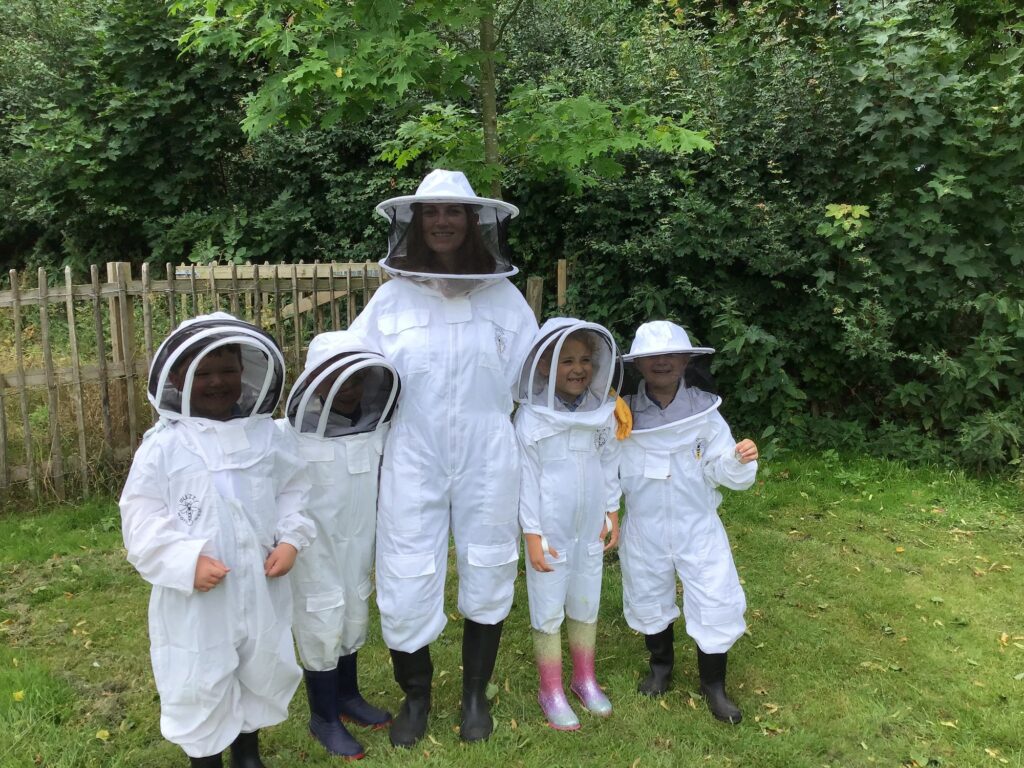
Does my child have a Special Educational Need or a Disability?
The Equality Act 2010 states that a person has a disability ‘if they have a physical or mental impairment and the impairment has a substantial and long-term adverse effect on their ability to carry out normal day-to-day activities.’
A physical or mental impairment includes
- Learning difficulties – including moderate to severe difficulties with areas of the curriculum
- Medical conditions, including epilepsy, diabetes, more severe forms of asthma and eczema
- Specific learning difficulties, including dyslexia
- Autism
- Speech, language and communication impairments
- Social, Emotional and Mental health difficulties.
- Physical Difficulties
- Sensory impairment
- If the impairment has a substantial and long-term effect on a person’s ability to carry out normal day-to-day activities it may amount to a disability.
A young person has special educational needs if he or she
- Has a significantly greater difficulty in learning than the majority of others of the same age, or
- Has a disability which prevents or hinders him or her from making use of facilities generally provided for others of the same age in a mainstream school.
Categories of SEND
There are four categories of SEND. Your child’s needs may fall into any one of the categories or they may have difficulties across a number of the categories.
- Specific Learning Difficulties (SpLD)
- Examples: Dyslexia, Dyscalculia
- Moderate Learning Difficulties (MLD)
- Severe Learning Difficulties (SLD)
- Profound and Multiple Learning Difficulties (PMLD)
These impact how children communicate with others and understand social cues.
- Speech, Language and Communication Needs (SLCN)
- Autistic Spectrum Disorder (ASD)
These relate to a child’s emotional wellbeing and behaviour.
- Depression
- Attention Deficit Hyperactivity Disorder (ADHD)
- Eating Disorders
- Anxiety Disorders
- Mental Health Issues
- Social Disorders
These involve physical or sensory impairments that affect access to learning.
- Visual Impairment (VI)
- Hearing Impairment (HI)
- Multi-Sensory Impairment (MSI)
- Physical Disability (PD)
What facilities do we provide to help children with SEND to access the learning environment?
At Exning Primary School, children have access to a range of equipment to support their learning. Here are some examples of what we currently have available in school:
- Chrome books
- iPads
- Software such as Clicker and Immersive Reader
- Coloured overlays and paper/worksheets (based on the outcome of a Visual Stress Assessment)
- ‘Concrete manipulatives’ (a range of mathematical equipment to support understanding of key concepts. For example: counters, Dienes blocks, Cuisenaire rods, bead strings, tens frames and PV charts).
- Adaptive seating (where required)
- Writing aides (E.g., Colourful Semantics, phoneme frames, pencil grips, writing wedges).
- Talk buttons/postcards
- Draw and Talk Sessions
- Ear defenders
- Sensory hall (+ Sensory Room in the Hive classroom)
- A large range of sensory equipment (E.g., fidget toys, ‘Chewelry’, body socks, rockers, sensory mats and many more items)
- Large communication board displays
- Subscriptions to Times Table Rock Stars (TTRS) and Numbots
- Personalised social stories
Alongside a wide range of equipment, we have access to a number of successful intervention programmes. Here are some examples of interventions that we are currently using to support children in our school:
- Blanks Level Questioning Interventions
- Colourful Semantics (to develop word order and simple phrases in early communication)
- Language Links
- Colourful Semantics (Used to structure simple sentences)
- Dynamo Maths
- Ready to Progress (Maths interventions)
- Reading Eggs
- Acceleread Accelewrite
- Sound Discovery
- Comic Strip Conversations
- Time to Talk
- Draw and Talk
- Thrive
- Hamish & Milo (please see further information for our engagement in the Hamish and Milo programme here
SEND timeline
How we will work with your child with SEND
If the school or yourselves have any concerns about your child’s progress or behaviour, a meeting will be scheduled to discuss this with you in more detail and to:
- listen to any concerns you or the school may have
- plan any additional support your child may receive
- discuss with you any referrals to outside professionals to support your child’s learning
It may be appropriate at this stage to provide your child with an Individual Education Plan (IEP). This is a target-setting device, which allows you and your class teacher to set appropriate targets to assist your child in making progress towards academic or social goals. The IEP will be reviewed termly (half-termly in the Early Years) by you and your child’s class teacher, and is also shared with your child.
The aim of our provision is to identify and assess the SEND and to plan the provision needed for each young person to achieve his or her best at Exning Primary School.
Some young people with SEND may need extra support to achieve their learning potential. If this is the case then this is what we will do. We will arrange a meeting with their parents to talk about what is needed to put together an Individual Education Plan (IEP). Before the IEP can be drawn up we will need to consider the following information:
- The young person’s needs and what he or she will require on their learning journey through Exning Primary School
- The views of the young person and what they think they need support with
- The views of the parents and what they would like to see as an outcome from their child’s time at Exning Primary School
- A school based learning assessment
- Current and expected levels of attainment.
We will look at all this information and then the IEP will be drawn up. The IEP will include success criteria so everyone at the meeting will have something to do to help the young person on their learning journey. We will set a review date on the IEP This will give us time to work together to achieve the agreed outcomes.
SEND Provision at Exning Primary School is multi-layered and children may have access to any or all of the following stages of support:
Class teacher input via excellent targeted classroom teaching also known as Quality First Teaching.
For your child this would mean:
- That the teacher has the highest possible expectations for your child and all pupils in their class.
- That all teaching is based on building on what your child already knows, can do and can understand.
- Different ways of teaching are in place so that your child is fully involved in learning in class. This may involve things like using more practical learning.
- Specific strategies (which may be suggested by the SENCO or outside staff) are in place to support your child to learn.
- Your child’s teacher will have carefully checked on your child’s progress and will have decided that your child has gap in their understanding/learning and needs some extra support to help them make the best possible progress.
All children in school should be getting this as a part of excellent classroom practice when needed.
Specific group work with in a smaller group of children.
Within the classroom environment, teachers may plan specific activities for your child to work on, either one-to-one or in a group with a classroom Teaching Assistant. These will be monitored and reviewed by the both the teacher and TA, and will be adapted according to the needs of the child.
Your child’s class teacher may also request extra support from the SEN Teaching Assistant, Mrs Philpot. Mrs Philpot is responsible for small group and one-to-one withdrawal sessions for children with SEND, using a variety of interventions. Their progress is monitored throughout the intervention and is reported back to the class teacher and the SENCo.
Some of the interventions offered in the school are:
- One-to-One Reading Support
- Talking Maths
- Fine/Gross Motor Skills Support
- Social Skills Support
- Phonics Support
- Sentence Structure Support
- Memory Skills
- Talking and Drawing
- Speech and Language Support (ELKLAN)
Specialist groups run by outside agencies e.g Speech and Language therapy OR Occupational therapy groups
Sometimes, children have a need which has been identified by the class teacher/SENCo as requiring some extra specialist support in school from a professional outside the school. This may be from:
- Local Authority central services such as the ASD Outreach Team or Sensory Service ( for students with a hearing or visual need)
- Outside agencies such as the Speech and Language therapy (SALT) Service; County Inclusive Support Service (CISS) etc
For your child this would mean:
- You may be asked to come to a meeting to discuss your child’s progress and help plan possible ways forward.
- You may be asked to give your permission for the school to refer your child to a specialist professional e.g a Speech and Language Therapist or Educational Psychologist. This will help the school and yourself understand your child’s particular needs better and be able to support them better in school.
- The specialist professional will work with your child to understand their needs and make recommendations, which may include:
- Making changes to the way your child is supported in class e.g some individual support or changing some aspects of teaching to support them better
- Support to set better targets which will include their specific expertise
- A group run by school staff under the guidance of the outside professional e.g a social skills group
- Group or individual work with an outside professional
This type of support is available for children with specific barriers to learning that cannot be overcome through Quality First Teaching and intervention groups.
Specified Individual support
This is usually provided via an Education, Health and Care Plan (EHCP).This means your child will have been identified by the class teacher/SENCo as needing a particularly high level of individual or small group teaching, which cannot be provided from the budget available to the school.
Usually your child will also need specialist support in school from a professional outside the school. This may be from:
- Local Authority central services such as the Specialist Education Service
- Outside agencies such as the Speech and Language therapy (SALT) Service.
For your child this would mean:
- The school (or you) can request that the Local Authority carry out a statutory assessment of your child’s needs. This is a legal process which sets out the amount of support that will be provided for your child.
- After the school have sent in the request to the Local Authority (with a lot of information about your child, including some from you), they will decide whether they think your child’s needs (as described in the paperwork provided), seem complex enough to need a statutory assessment. If this is the case they will ask you and all professionals involved with your child to write a report outlining your child’s needs. If they do not think your child needs this, they will ask the school to continue with the support.
- After the reports have all been sent in, the Local Authority will decide if your child’s needs are severe or complex and that they need specific support in school to make good progress. If this is the case they will write an Education, Health and Care (EHC) Plan. If this is not the case, they will ask the school to continue with the support and also set up a meeting in school to ensure a plan is in place to ensure your child makes as much progress as possible.
- The EHC Plan will outline the individual/small group support your child will receive from the LA and how the support should be used and what strategies must be put in place. It will also have outcomes (goals) for your child.
- Throughout the process, your child’s class teacher and/or the SENCo will keep you up to date with information and how your child is progressing.
- If you would like to know more about requesting a statutory assessment in SUFFOLK, more information can be found by clicking here.
- If you would like to know more about requesting a statutory assessment in CAMBRIDGESHIRE, more information can be found by clicking here.
Attendance at a school run by an external provider.
Sometimes, your child’s class-teacher, the SENCo and yourselves may conclude that your child’s needs would benefit from a fixed-term specialised teaching provision from outside the school. In Suffolk, we have the opportunity to refer children to one of several special schools in the county. These include:
- Thomas Wolsey School for children with moderate to severe physical and associated learning difficulties
- First Base – an Educational Support Centre for very young children with emotional and.social problems
- Pupil Referral Units for older children with challenging behaviours.
The children will sometimes be offered outreach support from these schools, or it may be decided that a fixed-term dual attendance would be more beneficial. In this instance, a child would attend the other school for part of the week and Exning Primary School for the remainder of the week. At all times, you and the class teacher will be kept up to date with their progress.
Your child’s progress is continually monitored by his/her class teacher
His/her progress is reviewed throughout the year and a “step” relating to the National Curriculum expectations given in reading, writing and numeracy.
If your child is in Year 1 and above, but is not yet working within the National Curriculum, a more sensitive assessment tool is used which shows their level in more detail and will also show smaller but significant steps of progress. This is assessed through the ‘Pre-Keystage Standards’.
For children who are not working on National Curriculum subject-specific objectives, their progress is measured through the use of the Engagement Model. The engagement model is an assessment tool that helps schools meet their duties in supporting pupils who are working below the level of the national curriculum and who are not engaged in subject-specific study. The model has 5 areas: exploration, realisation, anticipation, persistence and
initiation.
At the end of each key stage (i.e. at the end of year 2 and year 6) all children are required to be formally assessed using Standard Assessment Tests (SATS). This is something the government requires all schools to do and are the results that are published nationally.
Children who are identified as having a Special Educational Need or Disability will have an IEP which will be reviewed with your involvement, every term (more often for Early Years) and the plan for the next term made.
The progress of children with an EHC Plan is formally reviewed at an Annual Review with all adults involved with the child’s education.
The SENCo and Special Needs Teaching Assistant will also check that your child is making progress within any individual work and in any group that they take part in.
Interventions that children are taking place are constantly monitored and their effectiveness evaluated. Interventions will be tailored to your child’s needs based on these evaluations.
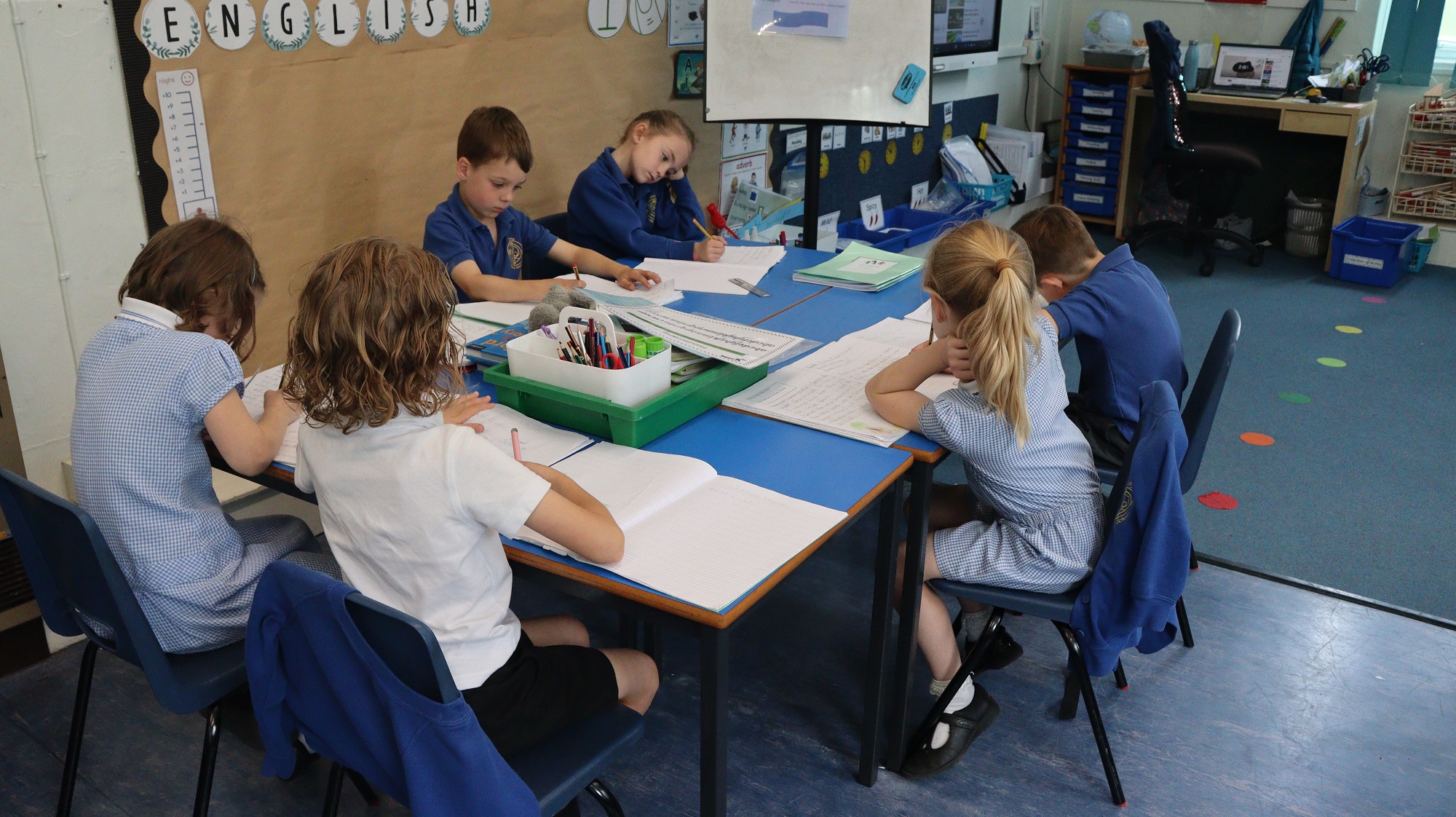
Communication and concerns
Our primary concern is the education and welfare of your child, and our SEND provision is designed to support all children who require additional assistance. If you have concerns about your child’s progress you should speak to your child’s class teacher initially. If you are not happy that the concerns are being managed and that your child is still not making progress, you should speak to the SENCo or Headteacher.
If you are still not happy, please refer to the school complaints procedure.
SEND Parent Forum
At Exning, we value parental feedback and engagement with the provision and issues affecting SEND across the school.
Therefore, we hold a parent forum meeting each term, where parents and carers can give their opinions on different topics relating to SEND. These meetings will take a variety of forms, but will always provide the opportunity to discuss issues facing parents/carers of children with SEND and provide a network of support.
Feedback will be given after the meeting to all parents who request it, regardless of whether they were able to attend. If you would like to become a forum member, please contact Mrs Ruth Clifford-Turner, the SENCo.
We also hold regular coffee mornings for parents of children with SEND. Information about these is sent out via Class Dojo.

Accessibility
Exning School is a split-site Victorian school and we try hard to ensure accessibility throughout the school and make this a user-friendly environment.
Currently, most areas are accessible for disabled children or adults, with three accessible toilets and a stairlift.
Access is reviewed regularly and appropriate provision is made for all children in school. The relevant outside agencies will be called upon for advice and assistance. Parents of a disabled child will be involved with any decisions that are taken.
Inclusion
| Inclusion“Schools have a responsibility to provide a broad and balanced curriculum for all pupils. The National Curriculum is the starting point for planning a school curriculum that meets the needs of all pupils”We fully endorse the above statutory inclusion statement, believing that all children at Exning Primary School should have equal access so that they may have the opportunity to progress and demonstrate achievement. We meet this by planning which meets the needs of boys and girls, children with special educational needs and disabilities, children who are more able, children from all social and cultural backgrounds, different ethnic groups and diverse linguistic backgrounds.We meet the needs of all children byProviding resources that reflect diversity and are free from discrimination and stereotypingUsing a range of teaching strategies that are based on their needsEnsuring access to every activity where it is safe and reasonable to do so |
Special Educational Needs and Disabilities
Children with Special Educational Needs or Disabilities (SEND) are granted equal admission rights and each case is carefully considered with a programme of individual help if required.
Should teachers or parents be concerned about any particular aspect of a child’s development, advice will be sought from the SEN co-ordinator. It may be decided to devise an individual education plan with specific targets to be achieved. Support, advice and guidance may also be sought from outside agencies. Parents and children are involved in the process and the plan is reviewed at regular intervals to ensure these children have the necessary support to overcome their difficulties.
